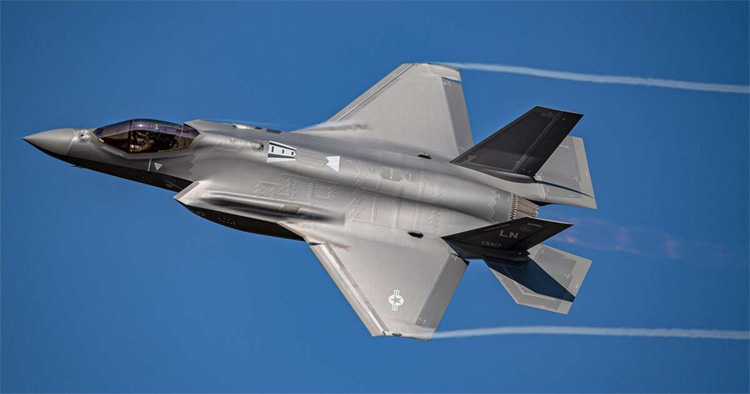US Military’s $1.7 trillion F-35 fighter jet program plagued by maintenance problems, low mission success rate
The US military plans to buy nearly 2,500 F-35 fighter jets for a staggering $1.7 trillion, but the aircraft have serious maintenance problems and a low mission success rate, a new report revealed on Thursday.
The report, issued by the Government Accountability Office (GAO), found that the F-35 program, which is one of the most expensive weapons systems in US history, is still “behind schedule” in keeping the jets operational. The F-35s, which cost about $100 million each, can only perform missions 55% of the time, and more than 10,000 of them have been grounded for repairs. Only 450 are currently in service.
The report also pointed out the delays in setting up the facilities to do the most complex repairs, the lack of equipment to keep the aircraft running, and the maintenance and supply delays that affect the readiness of the aircraft. These issues raise questions about the F-35 program just days after a pilot had to eject from an F-35 over South Carolina due to a “malfunction”.
The pilot, whose identity was not disclosed, parachuted into a residential neighborhood in North Charleston, while the jet crashed in a wooded area in Williamsburg County, about 60 miles away. The jet was lost in bad weather and the pilot did not turn on the tracking system before ejecting, making it difficult to locate the debris.
The F-35 has a unique feature that allows it to land vertically, which could be useful in case of a conflict with China in the Western Pacific. The F-35s can land on Navy ships at sea or on any other surface. This feature accounts for $1.3 trillion of the total budget for “operating and sustaining the aircraft”.
The GAO visited two depots and all 15 installations for the F-35s before publishing its report on Thursday. It recommended that the Pentagon take over the management of all F-35s by October 2027, instead of relying on government contractors.
“Sustainment has only recently been prioritized and difficult decisions regarding sustainment continue to be delayed,” the report states.
“DOD and the military services have the opportunity to take a different path and chart an affordable path forward. The preparedness of our military depends upon it.”


Comments are closed.